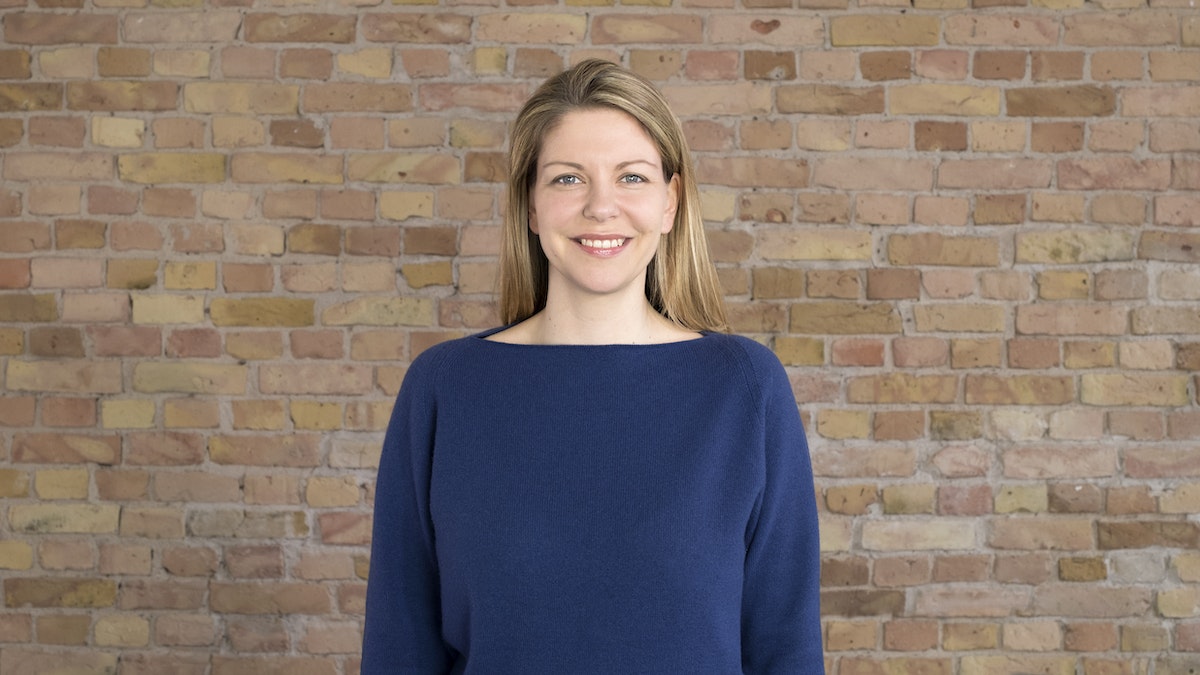In the future, doctors may be able to remove harmful pathogens directly from our blood and farmers could be growing their crops in vast towers with precision-controlled climates.
But to get to this “utopia”, the startups developing these technologies need resources to be able to scale.
Winning a competition such as Super Connect for Good can be a useful stepping stone. From around 200 applicants across the UK, Ireland and four other European regions, 29 winners and runners-up were selected.
“The Super Connect for Good competition is all about supporting tech for good companies,” says Kosta Mavroulakis, founder and chief executive of Empact Ventures, who host the competition in partnership with Hays Technology. “The Empact Ventures team provide all those taking part in the competition with at least five free ‘super connections’ to the right people that can help them to address their current challenges.”
European deeptech companies are now valued at a combined €700bn — but that doesn’t necessarily make fundraising any easier
But what do tech for good companies really need and who do they need to be connected to? We asked past and present Super Connect for Good winners about the roadblocks and the solutions.
Funds, funds, funds
According to Dealroom, European deeptech companies are now valued at a combined €700bn — but that doesn’t necessarily make fundraising any easier.
Adam Bryant, chief executive of medtech CanSense, says it’s hard to find funding when your product will take years of development. His company is in the seed stage and is focusing on the early detection of bowel cancer using machine learning. It was a runner-up this year and a regional winner last year.
“Raising capital for a diagnostics company is difficult because it’s a long route to market,” he says. “That requires relatively patient capital, rather than those wanting a quick return.”
Getting access to resources is probably the biggest challenge. Money being the most important one, but not just that — it’s also space and equipment to enable us to do the science that we need to do to fundamentally improve our technology
George Frodsham, founder and chief executive of MediSieve, a magnetic blood filtration startup and Super Connect for Good’s overall champion this year, agrees, but adds cash isn’t the only resource that’s scarce.
“Getting access to resources is probably the biggest challenge,” he says. “Money being the most important one, but not just that it’s also space, equipment to enable us to do the science that we need to do to fundamentally improve our technology.”
Building the right network
As finalists, both MediSieve and CanSense will receive “super connections” from their network, including introductions to funders and potential clients. For Qasim Akhtar, business development director of medtech QV Bioelectronics, another winner which is developing an implantable device to treat brain tumours, this is invaluable.
Raising capital for a diagnostics company is difficult because it’s a long route to market. That requires relatively patient capital, rather than those wanting a quick return
“The main thing they do is they give out super connections to anyone within the network, which as you can imagine is pretty vast,” he says. “Whether you’re looking for investors, accelerators, or you want to talk to some clinical partners, or hospitals or academics.”
Bryant says networking with other companies in the competition also helps growing startups.
“Sharing experiences with other startups I think is key. You get to know the other startups that are involved with Super Connect,” he says. “You always find that next company or that next area that you can explore and see if that’s going to help you develop your business or your business strategy.”
Hiring the right people
For MediSieve, developing such a complicated technology can lead to difficulties in recruiting the right people. Frodsham says one of the most beneficial — but surprising — prizes was being able to work with Hays Technology to access free recruitment services through their Hays Rise subscription, as well as exposure through their channels.
The main thing they do is they give out super connections to anyone within the network, which as you can imagine is pretty vast. Whether you’re looking for investors, accelerators, or you want to talk to some clinical partners, or hospitals or academics
“The right people, with the right expertise and the right mindset to come and work for a company like ours, they’re difficult to come by,” he says. “We’ve built a fantastic team, we’ve got 13 full-time employees, but we do find recruitment challenging.”
James Hallahan, director of Hays Technology, says there is a huge demand for professionals across all sectors at the moment.
“Employers do need to stand out from the crowd in order to attract the right talent,” he says. “For a business like MediSieve, delivering a technical solution to do good, working with the team to ensure their purpose stands out in the recruitment process is essential.”
According to Akhtar, another challenge is finding investors with the right commercial expertise. He says a lot of general investors are still scared of deeptech because it's difficult for them to understand and verify it.
The right people, with the right expertise and the right mindset to come and work for a company like ours, they’re difficult to come by
“A lot of these companies are usually started off by academics, people who know the actual technology really well and some of the big downfalls are not being able to get investment and not having the commercial expertise in terms of what you need to get it to market,” he says.
Understanding the complexity of your sector
While many of the companies in Super Connect for Good focused on medical technologies, there were also startups building tech for good solutions in other sectors — from edtech to smart cities to fintech. Scottish scaleup and regional winner IGS is building next-generation vertical farms.
“All tech for good companies have similar roots, they identify a point of need and develop a solution capable of filling that need,” said David Farquhar, chief executive of IGS. “The crucial thing is what they do from there, how they take that solution and scale it in order to deliver the maximum benefit to the maximum number of people.”
Medtech is particularly hard to scale, however, with strict regulations as an additional hurdle, Frodsham says.
“No one’s done what we are doing before, there’s no handbook that tells us what we need to do in order to get approval to do our clinical studies and get approval to actually sell this on the market,” he says. “But Super Connect for Good and what we’re doing is going to provide a lot of good. There are literally millions of millions of patients worldwide who could benefit just from our first therapy.”




